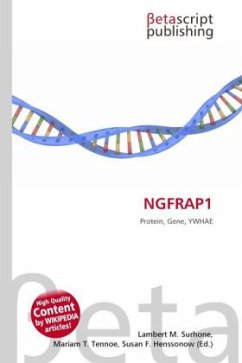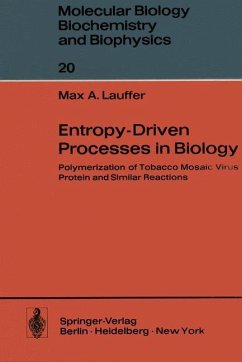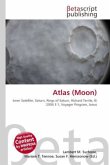High Quality Content by WIKIPEDIA articles! A gene is a unit of heredity in a living organism. It is normally a stretch of DNA that codes for a type of protein or for an RNA chain that has a function in the organism. All proteins and functional RNA chains are specified by genes. All living things depend on genes. Genes hold the information to build and maintain an organism's cells and pass genetic traits to offspring. A modern working definition of a gene is "a locatable region of genomic sequence, corresponding to a unit of inheritance, which is associated with regulatory regions, transcribed regions, and or other functional sequence regions ". Colloquial usage of the term gene (e.g. "good genes, "hair color gene") may actually refer to an allele: a gene is the basic instruction, a sequence of nucleic acid (DNA or, in the case of certain viruses RNA), while an allele is one variant of that instruction.
Bitte wählen Sie Ihr Anliegen aus.
Rechnungen
Retourenschein anfordern
Bestellstatus
Storno








